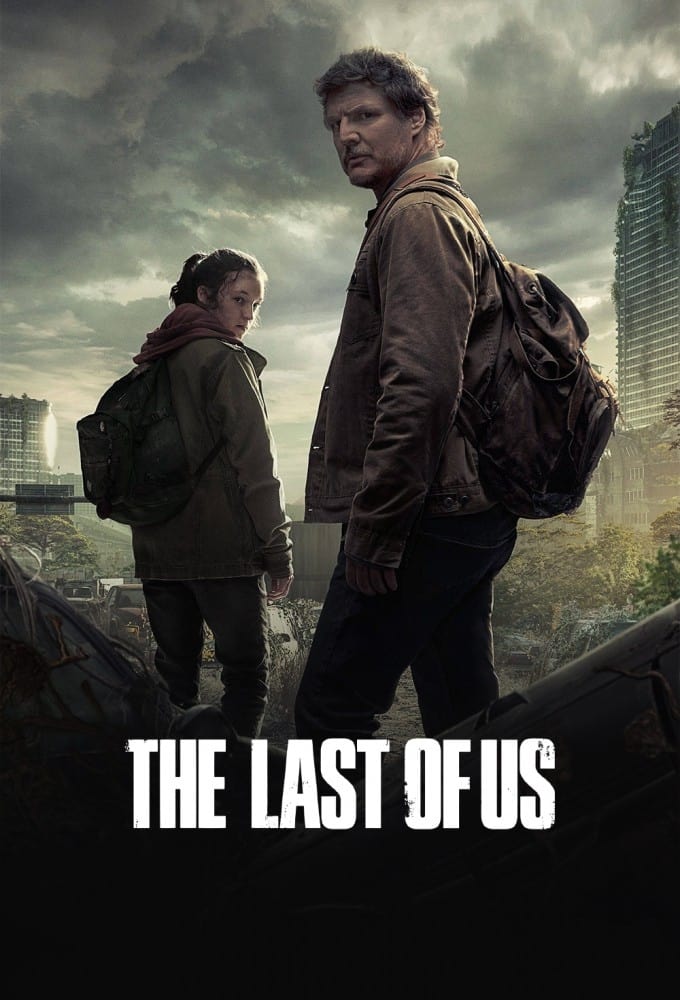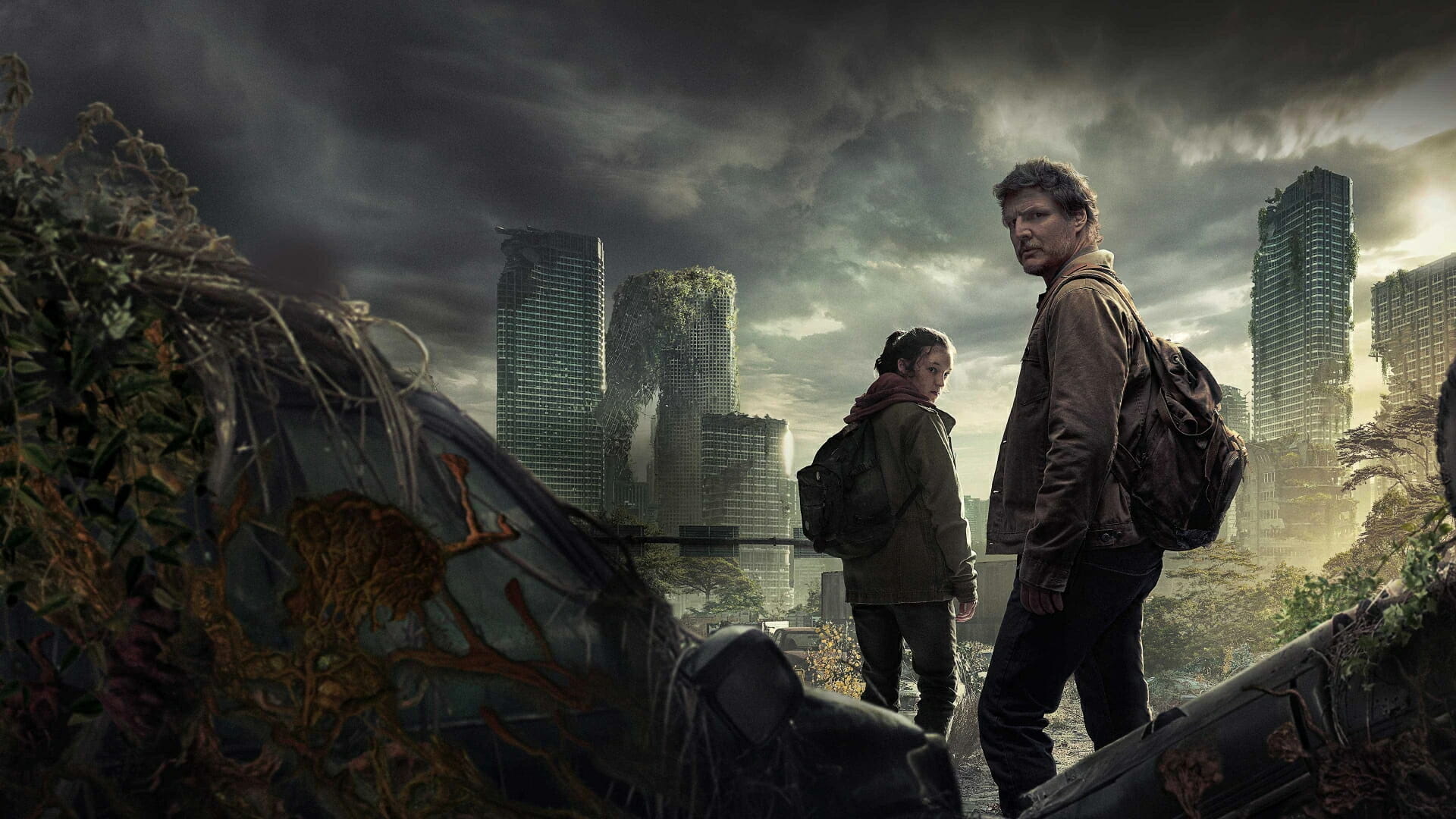Films and TV shows based on video games rarely live up to expectations. Gamers naturally love the source materials and become the harshest critics of the adaptations, whereas general viewers never really understand the story unless they play the games beforehand. As a result, the end product is underwhelming to everybody. One of the very few exceptions must be the Resident Evil film series. Despite generally negative critics, all six films of the original series are big commercial successes. And now there is another contender, albeit on the small screen scale, HBO’s The Last of Us.

Even for non-gamers and anybody else not acquainted with the game, there is little doubt they can jump into the world of the TV version of The Last of Us with ease. The premise is quite simple and similar to that found in many post-apocalyptic tales: climate change hastens the mutation of parasitic fungi to where they can now take over the human body and turn people into mindless blood-sucking monsters. Within a period of just one week after the discovery, the infection has spread all over the globe. It is now all about the infected vs. the uninfected.
Our main protagonists are Joel and Ellie, and we follow them all on their journey across the United States in a search for safety and a possible cure. Joel (Pedro Pascal) is a construction worker and a smuggler in his 50s, whereas Ellie (Bella Ramsey) is a teenage girl believed to be the only person immune to a zombie bite. The former is tasked with escorting and safeguarding the latter to a rebel group known as the Fireflies based in Massachusetts State House. The story of survival is not just a zombie-killing quest, but a journey filled with life-fulfillment materials from selflessness and savagery to love and desperation.
With all the stigma surrounding screen adaptations of video games, The Last of Us works well as a “potentially extended” multi-season drama series. No one will blame you to say that the source material already looks like an interactive movie to begin with, which carries a promise of not only a workable but actually appealing transition from a survival game to a post-apocalyptic show. However, the only consequential interaction in the game is pretty much limited to such mundane tasks as inventory/resource management; everything else is predetermined—there is no alternate ending although players may beat the game through different paths. A story-driven campaign, by nature, is not an open world determined by plot choices.
The first few episodes of The Last of Us effectively depict the narrative of the game. Those who have played the game before may feel as if they are watching prologue cut scenes before the main action begins. The only difference is that they don’t have a DualShock controller in hand.

As Joel and Ellie embark on their journey, the differences become more apparent although the trajectory never stray too far from the source material. The series still carries over important plot points from the game, but it maintains a good level of enemies-extermination scarcity. Instead of delivering intense and prolonged macabre to viewers, the showrunners make the time and space to explore stories about people Joel and Ellie come across in their journey. There are no more non-playable characters in the game because everyone is provided with the chance to amplify the storytelling.
Individual characters are given proper backgrounds. Such an approach to an adaptation from console to TV removes the generic feel and gives a workable open-scenario touch at the same time. The Last of Us has become much less of a horror survival and more of an interpersonal drama set against a post-apocalyptic backdrop. Fans of the game can appreciate the explorations into characters’ personalities, while the more casual viewers can enjoy the show entirely with no prior knowledge of the origin story.
If Resident Evil films bring the action to center stage, The Last of Us series intensifies the emotional rollercoasters of a zombie apocalypse event. Not that the series is a soft version of the game. It is still a violent depiction of how people will do everything in their power to survive in a hostile world. Zombies are aggressive and dangerous, but the series never fails to showcase that humans can inflict cruelties far more horrifying than an onslaught of the undead.
The Last of Us looks different from most (if not any other) game adaptations because the series is indeed packed not to repeat the original story but to deliver it from a new and expanded perspective. It also helps that the gameplay, which is a mix of stealth action and third-person combat, mainly serves as a bridge to connect major plot points in the narrative. The series practically replaces most of the game’s action sequences with characters’ development, backstories, human relationships, and many dramatization amplifiers. In short, the series adapts the narrative of the game without actually trying to imitate the gameplay.
We think The Last of Us might be one of the best (if not the best) series based on video games to date. Most of the previous attempts achieved a different extent of failures due to part budget limitations, part poor scriptwriting, but most often a gross misunderstanding of the source material. The Last of Us doesn’t suffer from any of those shortcomings, and in fact, it serves more than just an effective companion to the gameplay, but an expansion of the narrative from the source material.
Have you finished watching the first season of The Last of Us? Do you also enjoy the game? We’d love to hear from you.
Other things you might want to know:
What are some other TV series based on video games?
Besides The Last of Us, there have been only a few live-action TV series based on video games, such as Resident Evil (2022), Halo (2022), and Mortal Combat: Conquest (1998–1999).
When was The Last of Us (the game) released?
The Last of Us was released for the first time in June 2013 for PlayStation 3. The version for PlayStation 4 was released in North America in July 2014.
Most popular films and TV series starring/featuring Pedro Pascal:
Films:
- Kingsman: The Golden Circle (2017) as Jack Daniels/Agent Whiskey
- The Equalizer 2 (2018), portraying Dave York
- Wonder Woman 1984 (2020), where he is cast to play Maxwell Lord
- The Unbearable Weight of Massive Talent (2022), playing the role of Javi Gutierrez
TV Series:
- Game of Thrones as Oberyn Martell
- Narcos as Javier Pena
- The Mandalorian as The Mandalorian/Din Djarin
- The Last of Us as Joel Miller
Check out other articles by month:







